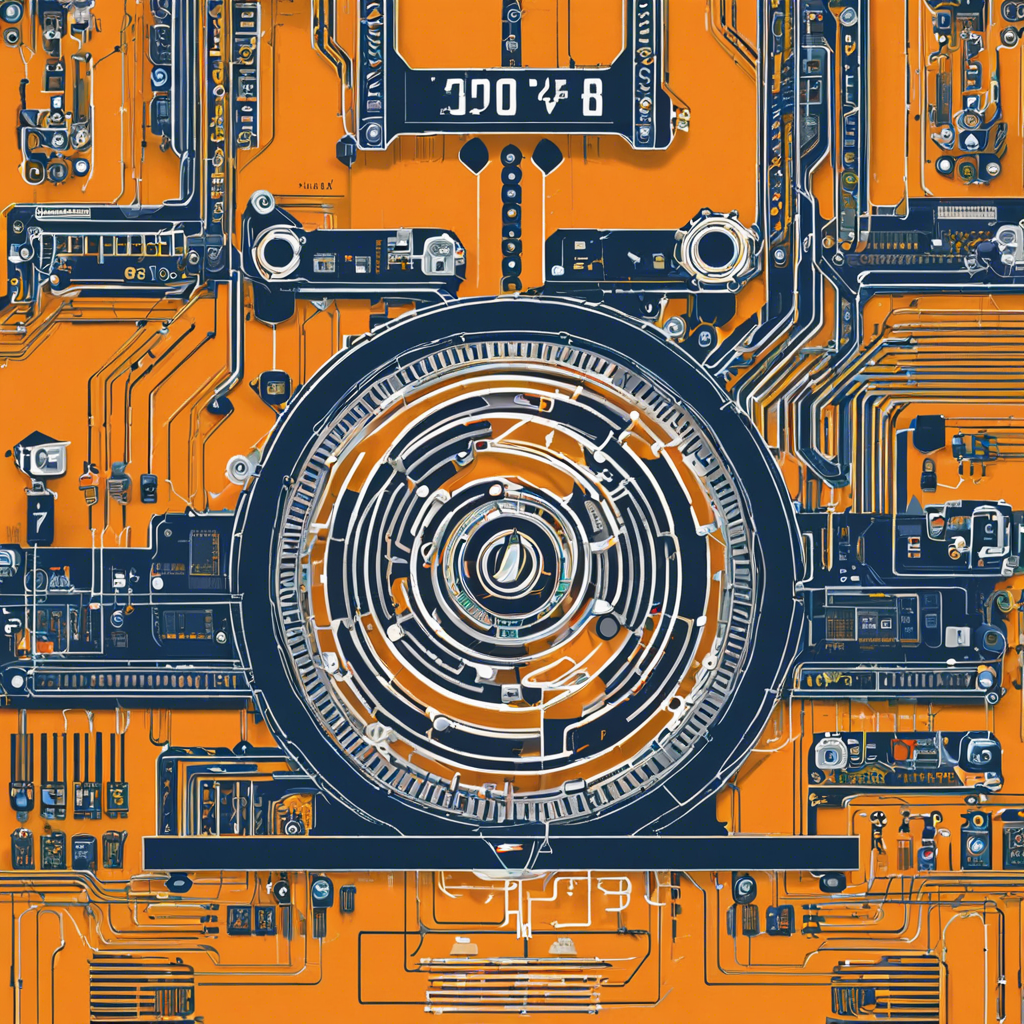With the ever-evolving landscape of cyber threats, one question on many minds is whether antivirus software will still be necessary in the coming years. As we approach 2024, it’s important to evaluate the state of cybersecurity and assess whether traditional antivirus solutions are still sufficient to protect our digital lives. While antivirus software has been a staple of digital protection for decades, the digital realm is constantly evolving, prompting the question of whether this software is still effective against modern threats. The short answer is yes – in an era where cyber-attacks are becoming increasingly sophisticated and prevalent, antivirus software remains an essential line of defense.
Firstly, let’s acknowledge that the nature of cyber threats has changed significantly over time. Attackers have become more sophisticated, employing an array of tactics to breach systems and compromise data. From targeted phishing attempts to exploiting zero-day vulnerabilities, the methods used by malicious actors are constantly evolving. This dynamic landscape demands that our security measures keep pace, and antivirus software is adapting to meet these new challenges. Modern antivirus solutions have evolved beyond simple signature-based detection, where they solely rely on identifying known malware patterns. Instead, they now incorporate advanced technologies like machine learning, behavior analysis, and sandboxing to detect and mitigate threats in real time.
Another factor to consider is the expanding attack surface presented by our increasing digital connectivity. As individuals and organizations, we are increasingly reliant on a multitude of devices and platforms to conduct our daily activities. From smartphones and IoT devices to cloud-based services, the number of potential entry points for attackers has multiplied. This complex ecosystem of interconnected devices and networks necessitates a multilayered defense strategy, of which antivirus software is a critical component. By having a robust antivirus solution in place, users can gain peace of mind knowing that their devices are protected, even as they navigate an ever-growing array of potential threats.
However, it’s important to recognize that antivirus software is just one element of a comprehensive security strategy. While it serves as a vital line of defense against malware and other malicious threats, it should be complemented by additional security measures. This includes adopting safe browsing practices, keeping software and operating systems up to date, utilizing strong passwords or password managers, and enabling two-factor authentication wherever possible. By combining antivirus protection with these proactive security measures, individuals and organizations can significantly bolster their overall security posture.
